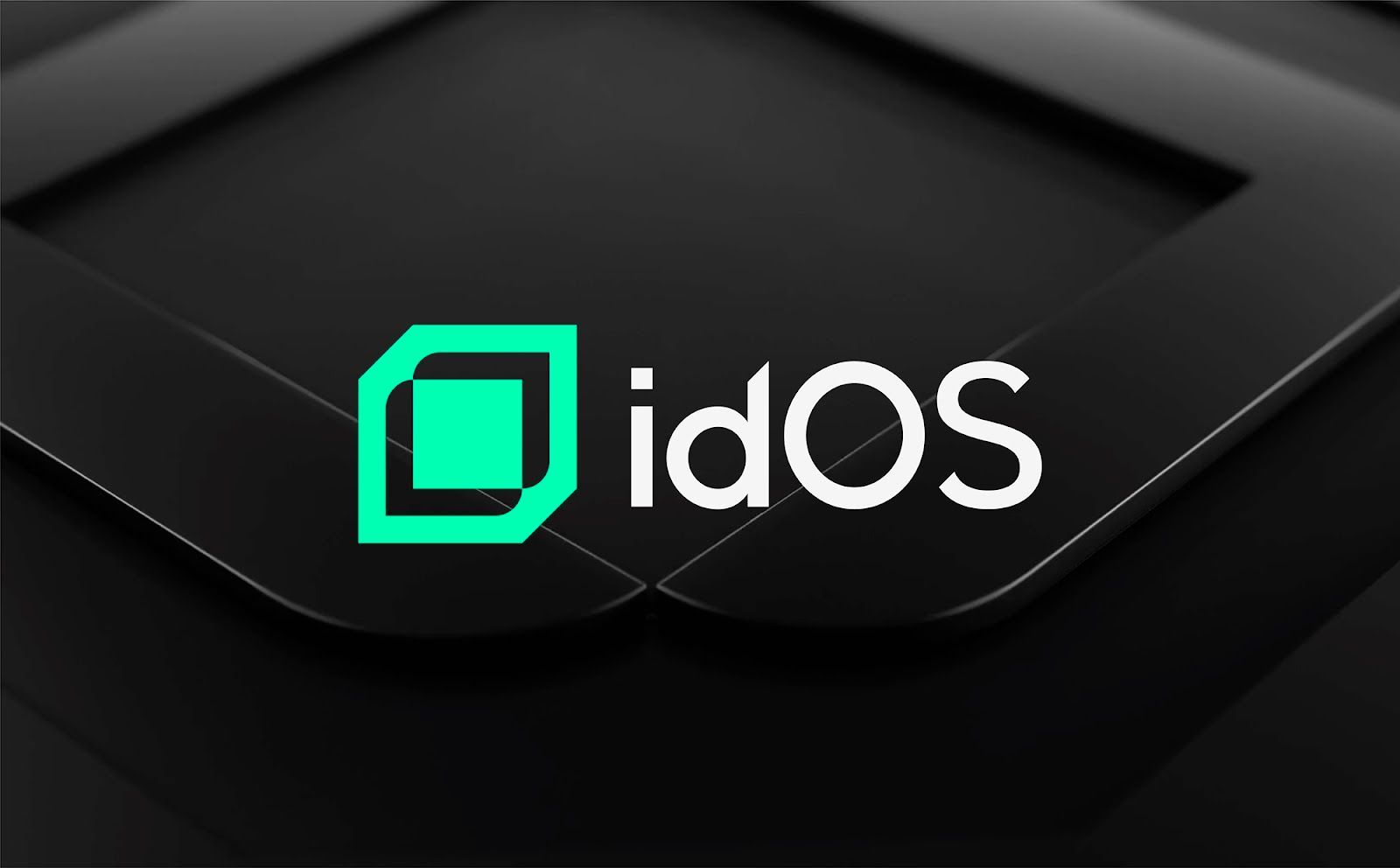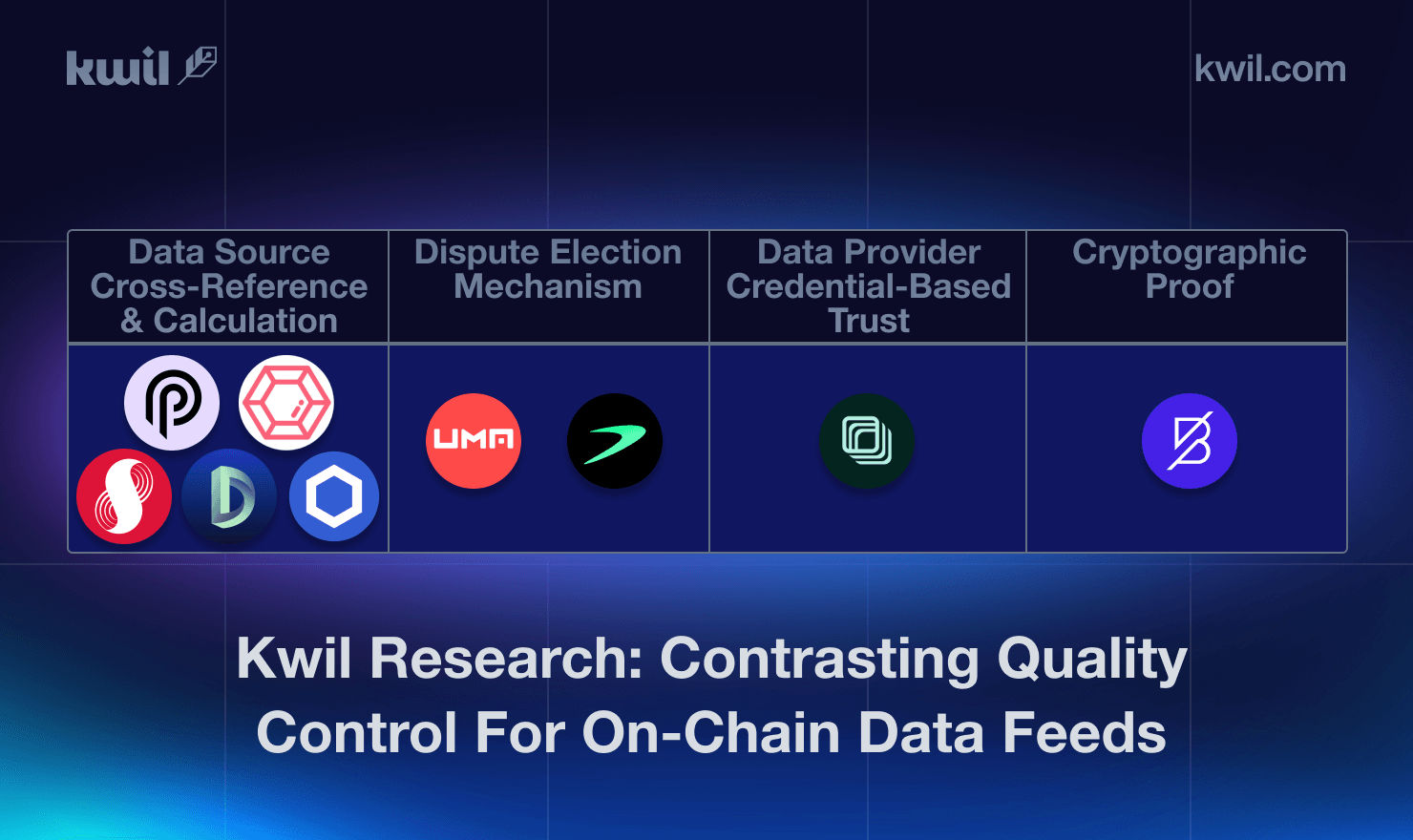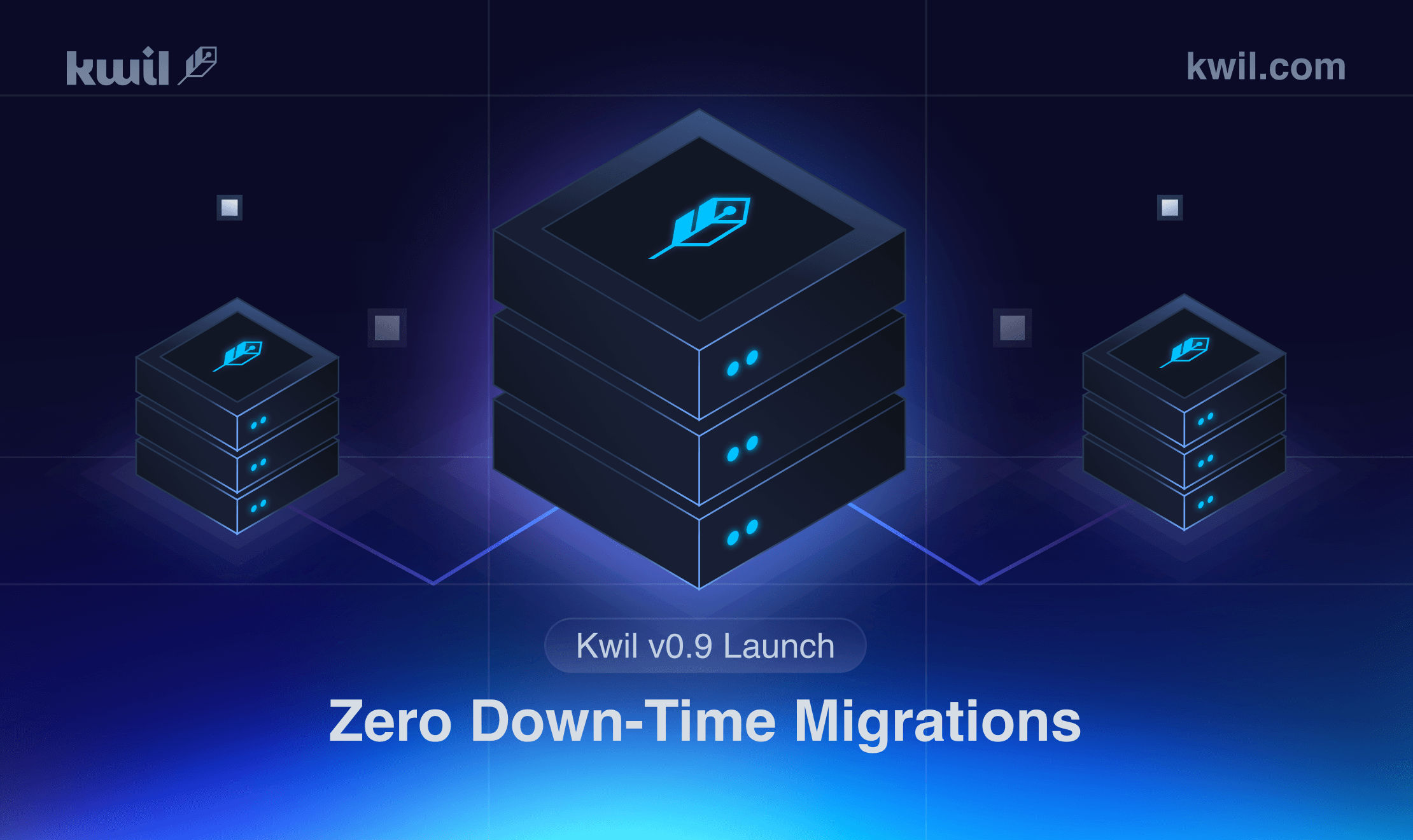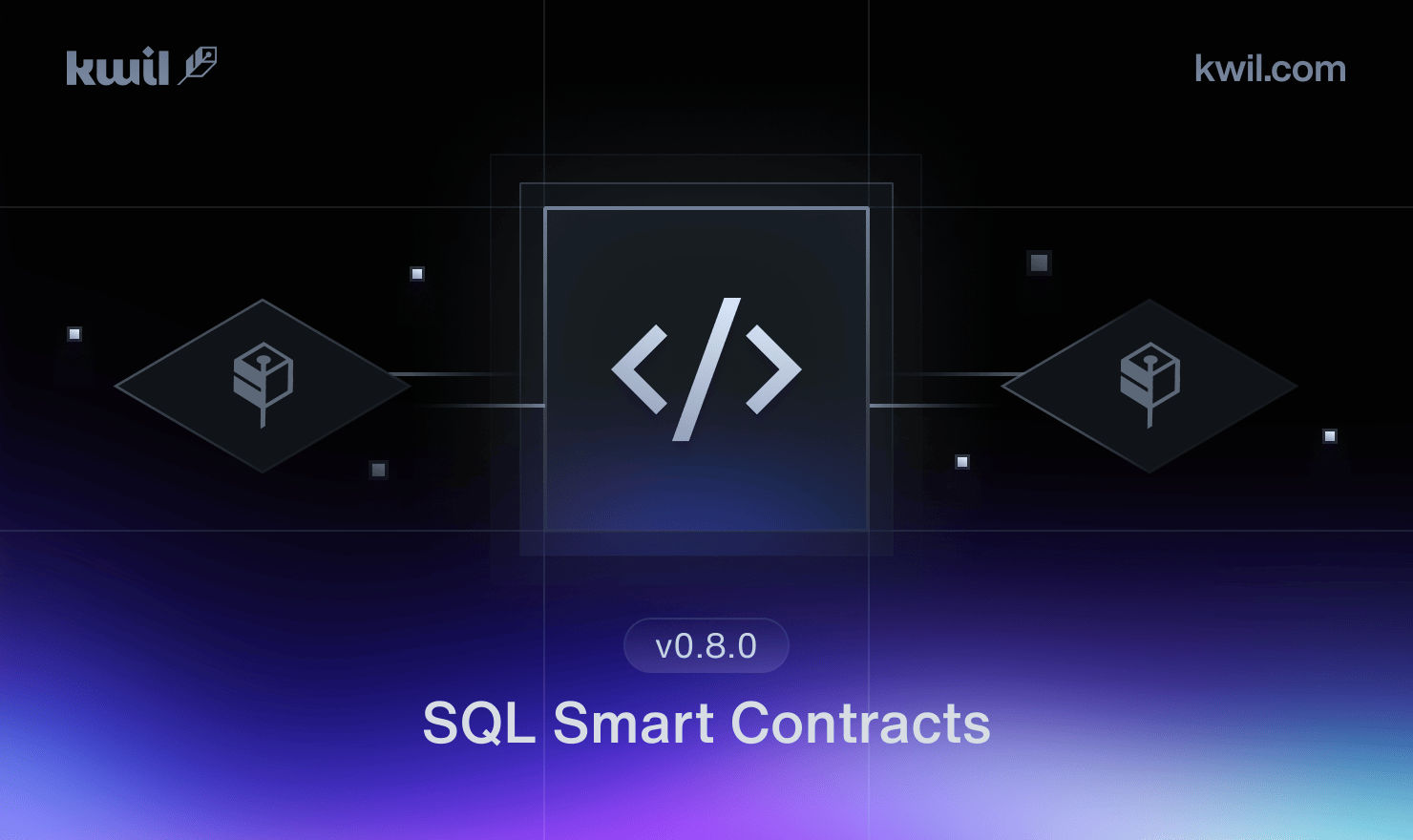Introducing: The Networks Release

Today, we are excited to launch the culmination of the last several month’s work at Kwil: The Networks Release.
Starting today, anyone can bootstrap and deploy their own decentralized relational database network with Kwil.
This release marks a significant development in the Kwil product vision and philosophy. Previously, Kwil was conceived as a singular decentralized network where users could permissionlessly deploy and compose on each other’s relational data schemas. With this release, Kwil has become a framework for deploying sovereign relational database networks. Similar to how tools like the Comsos SDK allow builders to deploy their own networks, Kwil allows builders to launch dedicated, byzantine fault-tolerant database networks tailored to their specific needs.
With this release comes a bunch of new tooling and resources for bootstrapping your own Kwil Network, including:
- The Kwil Daemon - for starting an individual node
- The Node Admin CLI - for managing node and network deployments
- A new Kwil Database CLI
- A new Kwil JavaScript SDK
- A new testnet for deploying schemas and testing databases
- New Kwil Documentation across all tooling and services
Going Multi-Network
The ability to deploy standalone networks provides flexibility compared to homogeneous networks. Teams increasingly need the ability to customize authentication, access control, network topology, and other parts of the stack that have been previously unchangeable. Each of these changes comes with a set of tradeoffs, and giving users the ability to choose these tradeoffs themselves (as opposed to having it forced on them by a previous standard) allows for more interesting applications to be built.
Previously, these tradeoffs presented a key barrier for many businesses and builders when adopting Web3 technology. Many desirable decentralized products and services have been impossible to build because of the assumptions and tradeoffs made by existing networks. In particular, products warranting a standalone database are more likely to need better control over data management and access. This often leads teams to the harrowing task of developing their own network infrastructure instead of tapping into tooling that can be used off the shelf. With Kwil Networks, developers are provided flexibility without needing to engineer an entire network.
Kwil Networks in Action: The idOS Network
The idea of Kwil Networks is not new. Over the last several months, we have been closely iterating the implementation of Kwil Networks with the Fractal ID team as they launch the idOS Network with Kwil as the core network infrastructure. The idOS is an open, compliant, and progressively decentralized identity management network built to solve the problems of re-usable KYC, giving users sovereignty over their identity data, and balancing the challenges of decentralization and privacy compliance. The idOS has already been adopted by NEAR Protocol, Gnosis Pay, and Aleph Zero, with many other dApps and ecosystems looking to integrate.

Fractal ID and the idOS are exactly the type of use case we are looking to enable through Kwil Networks: take an existing and robust business model and provide network infrastructure to transform it into a decentralized protocol. Over several years, Fractal ID has created a robust KYC and identity management platform with over 1 million users. With Kwil, they can evolve that business model from a centralized identity platform to a decentralized identity protocol.
New Testnet Launched
With this release, we are also launching a new testnet for developers to test deploying and using their schemas. This release introduces many new features to Kuneiform and the Kwil database engine, which developers and project leads can explore on the Kwil testnet before committing resources to deploy an entire network.
The previous testnet (available via API at https://provider.kwil.com) will sunset in 30 days. Any projects using the previous testnet should migrate to the new testnet, migrate their database to a local Kwil Daemon, or deploy a new Kwil network for managing the data. You can reach out to our team for any help on this.
The new testnet is available at https://testnet.kwil.com with Chain ID "kwil-chain-testnet-0.6".
Conclusion
From this release, we are excited to continue working with new and existing Kwil partners to help them deploy their own sovereign database networks. We are very excited about the various use cases and ways we see partners trying to use Kwil Networks already, and we are looking forward to continuing to iterate Kwil’s software and introduce new features.
Are you or someone you know looking to deploy your network? You can use any quickstart tutorials or contact our team for additional support. As always, we can’t wait to see what you #BuildWithKwil.
Release resources:
Kwil Daemon, Database CLI, and Node Admin CLI: https://github.com/kwilteam/binary-releases/releases
Kwil Documentation & Testnet Info: https://docs.kwil.com/docs/introduction
Kwil JavaScript SDK: https://www.npmjs.com/package/@kwilteam/kwil-js








